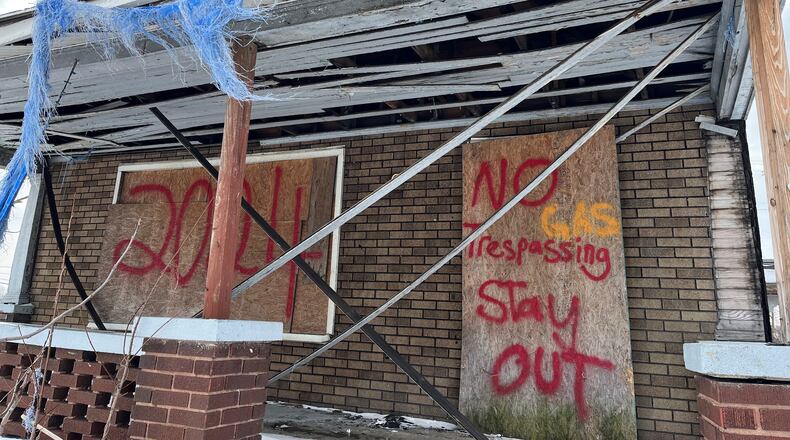More than $35 million of the settlement money will be put toward addressing community needs, such as home ownership assistance, neighborhood stabilization, access to credit and residential development in minority communities.
“We will make strategic reinvestments into the communities of color that are hardest hit, with the goal that those investments begin stabilizing neighborhoods,” said Jim McCarthy, president and CEO of the Miami Valley Fair Housing Center, located in Dayton.
Miami Valley Fair Housing Center will receive $755,000 that it plans to reinvest in communities of color that were disproportionately impacted by the predatory mortgage lending and foreclosure crisis, McCarthy said.
The fair housing center also was reimbursed for litigation expenses and staff costs related to the investigation.
Fair housing groups examined 2,300 Fannie Mae properties in 38 metro areas and they say they found its foreclosed homes in mostly white areas had far less exterior maintenance issues than in minority neighborhoods.
Nearly 47% of foreclosed Fannie Mae properties in mostly white neighborhoods in the Dayton region had fewer than five maintenance problems, while none of its homes in communities of color fell into that category, according to the complaint.
About 58% of foreclosed Fannie Mae homes in communities of color in the metro area had 10 or more maintenance issues, compared to less than 17% of its homes in mostly white areas.
Foreclosed Fannie Mae homes in local minority communities were much more likely to have unsecured or broken doors, trash visible on the property and broken or boarded up windows.
About 90 of the 2,300 Fannie Mae properties that were studied were in the Dayton region.
This case was groundbreaking because it is the first time a federal court ruled that the nation’s fair housing laws cover the maintenance and marketing of foreclosed properties, also called Real Estate Owned (REO) properties, according to the Miami Valley Fair Housing Center.
“Fourteen years after the housing crash of 2008, and the predatory mortgage lending that preceded it, the Miami Valley Fair Housing Center continues to challenge issues that negatively impacted our neighborhoods,” said Ron Jackson, chair of the Board of Directors of the Miami Valley Fair Housing Center.
About the Author



